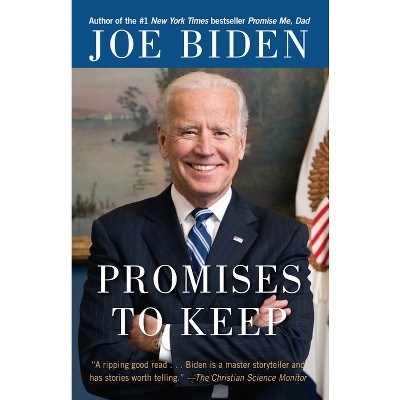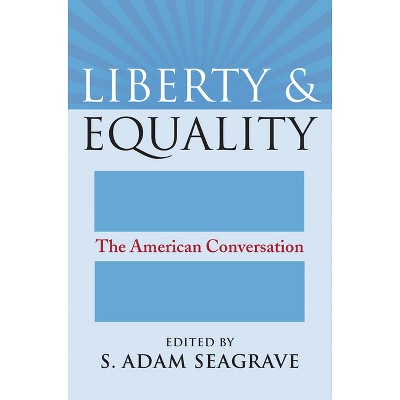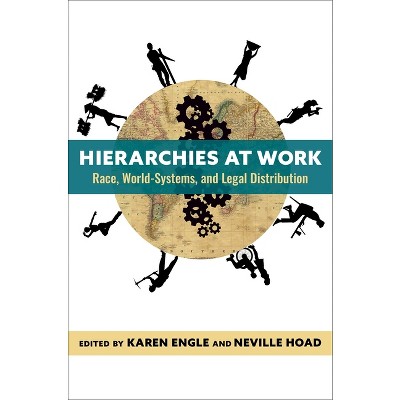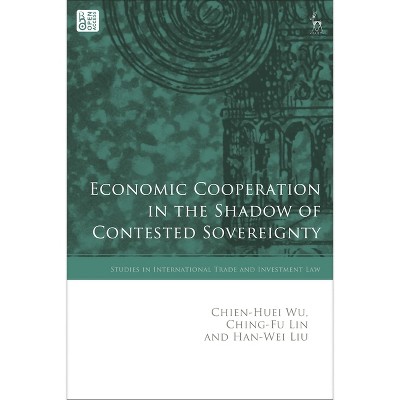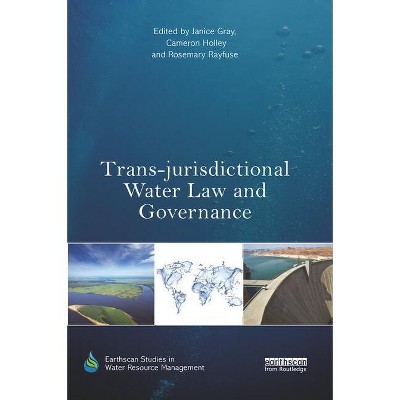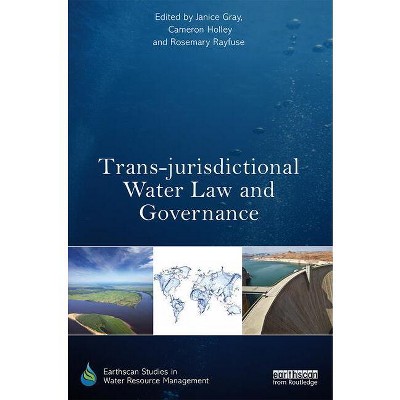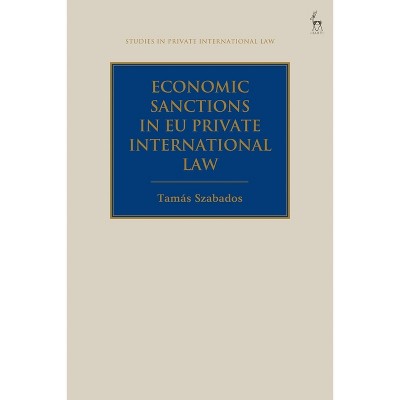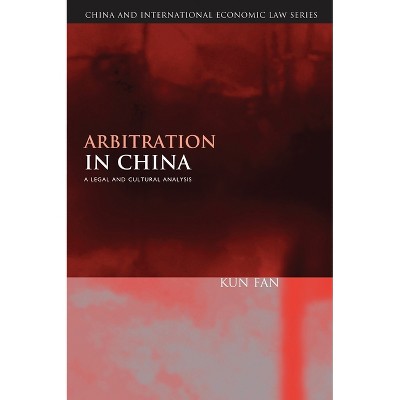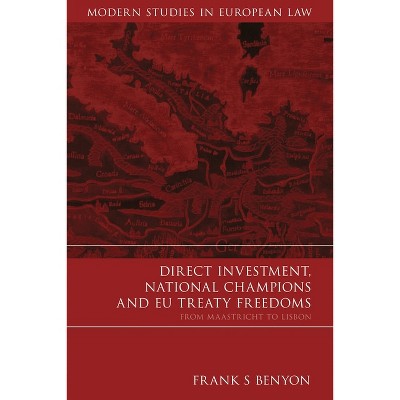Sponsored

Constitutionalism, Multilevel Trade Governance and International Economic Law - (Studies in International Trade and Investment Law) (Paperback)
In Stock
Sponsored
About this item
Highlights
- This is a book about the ever more complex legal networks of transnational economic governance structures and their legitimacy problems.
- About the Author: Christian Joerges was Professor of Law and Society at the Hertie School of Governance in Berlin, and Co-Director of the Centre of European Law and Politics at the University of Bremen.
- 616 Pages
- Freedom + Security / Law Enforcement, Commercial
- Series Name: Studies in International Trade and Investment Law
Description
About the Book
This book considers the ever complex legal networks of transnational economic governance and their legitimacy problems.Book Synopsis
This is a book about the ever more complex legal networks of transnational economic governance structures and their legitimacy problems. It takes up the challenge of the editors' earlier pioneering works which have called for more cross-sectoral and interdisciplinary analyses by scholars of international law, European and international economic law, conflict of laws, international relations theory and social philosophy to examine the interdependences of multilevel governance in transnational economic, social, environmental and legal relations. Two complementary strands of theorising are expounded. One argues that globalisation and the universal recognition of human rights are transforming the intergovernmental 'society of states' into a cosmopolitan community of citizens which requires more effective constitutional safeguards for protecting human rights and consumer welfare in the national and international governance and legal regulation of international trade. The second emphasises the dependence of the functioning of international markets and liberal trade on governance arrangements that respond credibly to safety and environmental concerns of consumers, traders, political and non-governmental actors. Enquiries into the generation of international standards and empirical analyses of legalisation and judicialisation practices form part of this agenda.
The perspectives and conclusions of the more than 20 contributors from Europe and North-America cannot be uniform. But they converge in their search for a constitutional architecture which limits, empowers and legitimises multilevel trade governance, as well as in their common premise that respect for human rights, private and democratic self-government and social justice require more transparent, participatory and deliberative forms of transnational 'cosmopolitan democracy'. This second paperback edition replaces Chapters 15 to 18 of the first edition published in 2006 by four new chapters examining the alternative conceptions of 'International Economic Law' and 'Multilevel Governance' from diverse public and private, national and international law perspectives.Review Quotes
"It brings together an impressive collection of international scholarship exploring international economic law in light of constitutional theory with many well-established experts in the field alongside some relatively junior and highly promising scholars." --Rachael L. Johnstone, Nordicum-Mediterraneum, Volume 7, No.1
About the Author
Christian Joerges was Professor of Law and Society at the Hertie School of Governance in Berlin, and Co-Director of the Centre of European Law and Politics at the University of Bremen.
Ernst-Ulrich Petersmann is Professor of International and European Law at the European University Institute at Florence.
Shipping details
Return details
Trending Non-Fiction






